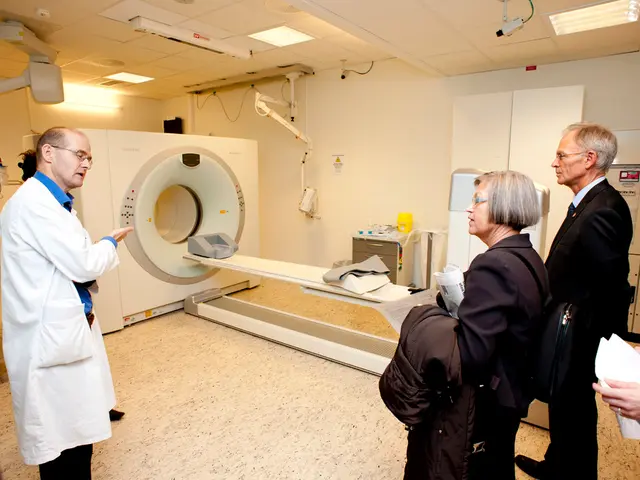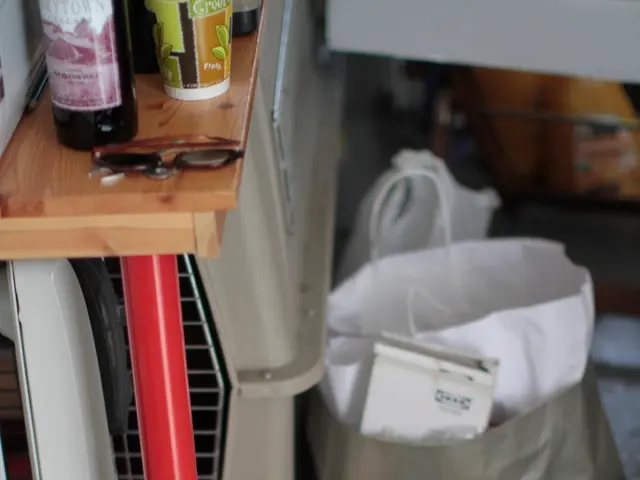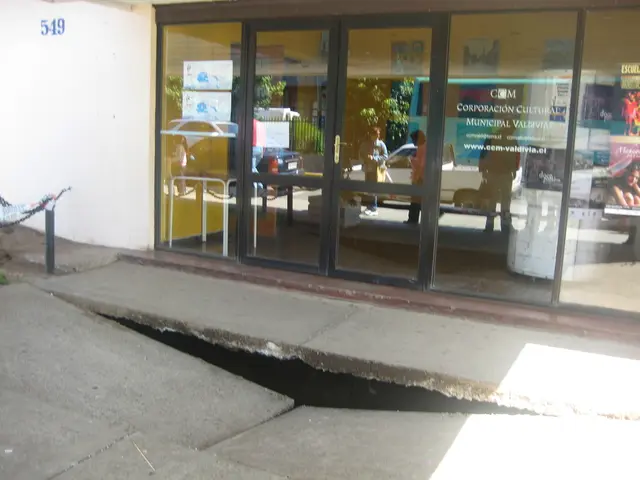Worldwide, approximately 70% of women and children experience domestic violence.
Domestic violence is a shocking reality for countless women and children worldwide, and Almaty, Kazakhstan, unfortunately, is no exception. According to recent data, an alarming number of women in Almaty have sought help due to domestic abuse, with over 500 reaching out to the Almaty Crisis Center Union hotline in 2020 alone.
The face of domestic violence often begins as a dream: romantic gestures, heartfelt promises, and whispers of love. But for many, such as Irina, a 35-year-old victim, this idyllic beginning fades into a nightmare as their partner's behavior changes. Fueled by alcohol and aggression, their lives turn into a living hell, with the arrival of a child adding another layer of torment.
Irina's story is all too familiar. She endured years of abuse, returning to her husband and pleading for his change, only to find respite in a crisis center. Now, she is determined to start anew, finding employment, and leaving her story of abuse behind.
The crisis center welcomes all women and children affected by domestic violence. In 2020, 500 women from Almaty sought solace within its walls. Nearly half returned to their families, while the rest chose to divorce.
Psychologists and sociologists attribute the rise in domestic violence to deeply ingrained cultural and societal norms, legal inadequacies, and a lack of swift justice. People prone to violence are often those who have been hurt or learned abusive behavior patterns in their childhood.
Despite these challenges, Kazakhstan has put measures in place to protect women and children from domestic violence. Article 110 of the Criminal Code mandates a prison sentence of restricted freedom or imprisonment for those found guilty of systematic torture of minors or dependents, including family members.
However, the fight against domestic violence requires more than just legislation. Public awareness campaigns and societal change are essential to break the cycle of abuse. Resources like the Light of Saltanat Project, which tracks and publicizes domestic violence cases using artificial intelligence, and crisis and rehabilitation centers offer much-needed support.
If you find yourself trapped in a cycle of domestic violence, know that help is available. The crisis center hotline (150) is there to offer assistance and a path to safety. Don't suffer in silence; seek help and reclaim your life.
- In the fight for family health and women's health, mental health professionals and socially-conscious individuals often consider domestic violence as a significant issue amidst general news, especially in the context of new motherhood and parenting.
- The escalating crisis of crime and justice in Almaty, Kazakhstan, has forced local health-and-wellness organizations to address the impact on mental health, specifically the increasingly reported cases of domestic violence involving women and children.
- Within the fiercely competitive world of science and innovation, the Light of Saltanat Project innovatively uses advanced technology to help combat domestic violence by creating greater public awareness and supporting the victims through the use of artificial intelligence.
- Apart from its importance to individual family health, addressing domestic violence also raises broader questions about societal norms and cultural practices that perpetuate these crimes, ultimately impacting the overall health-and-wellness of communities and society as a whole.








